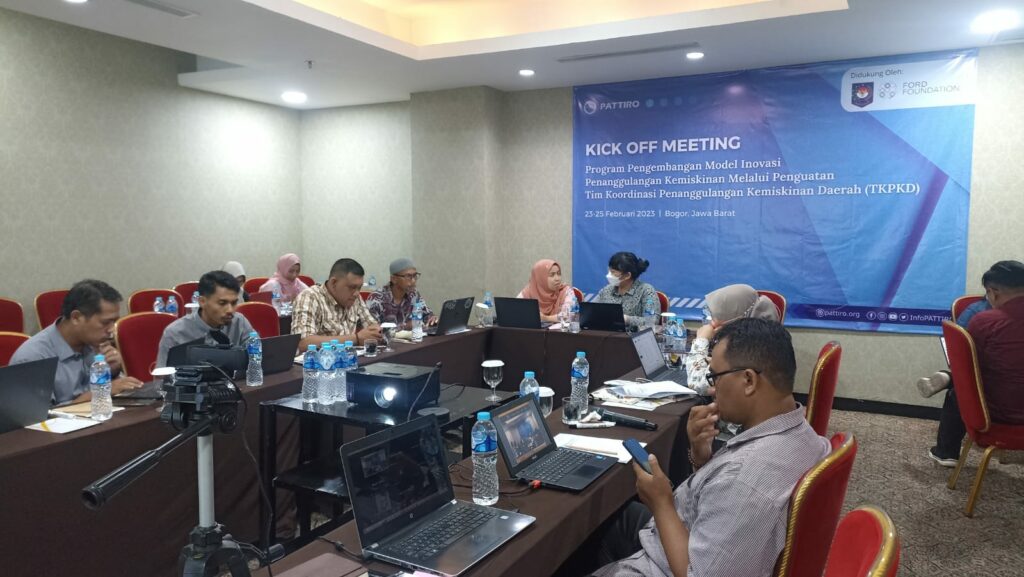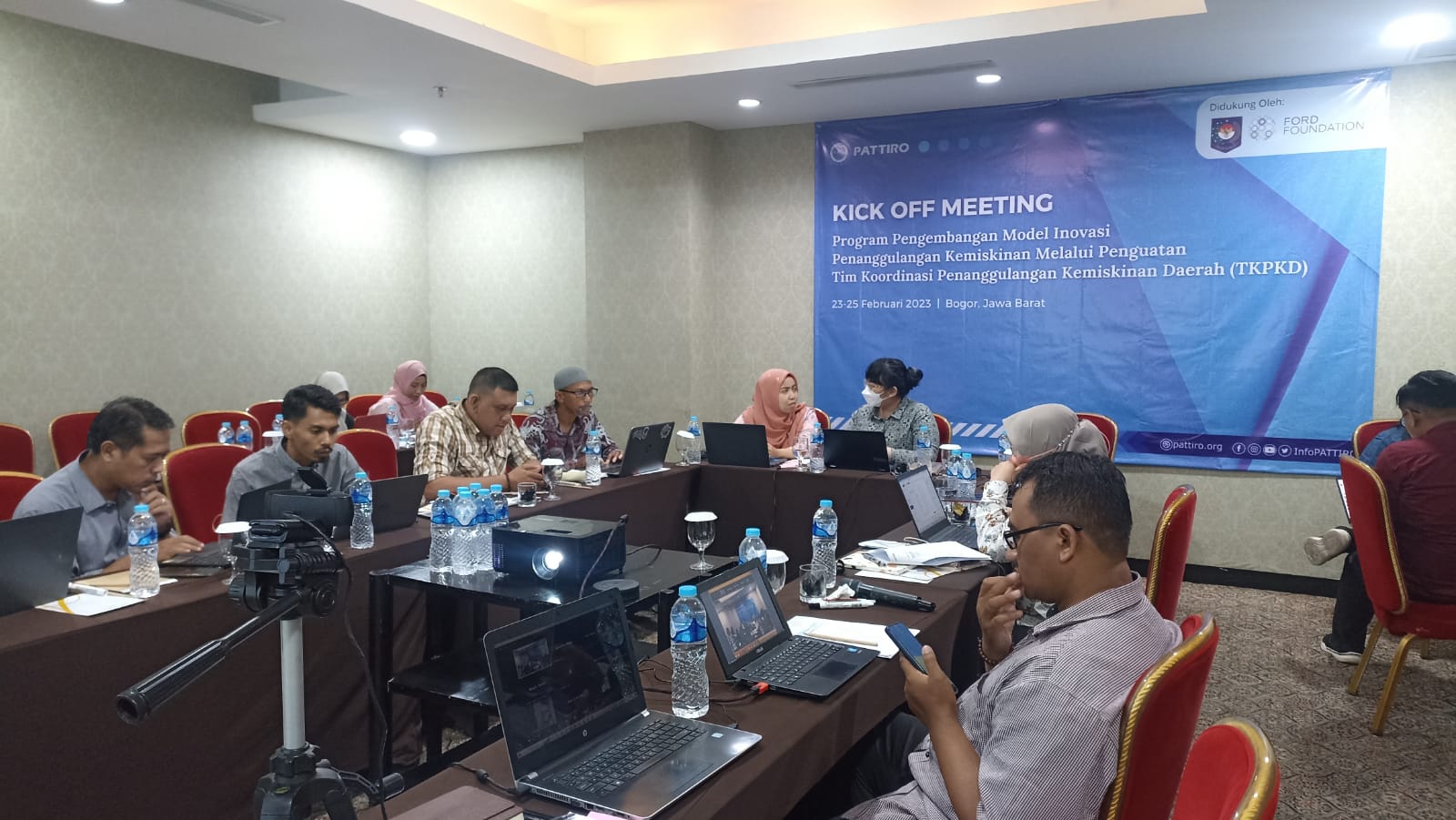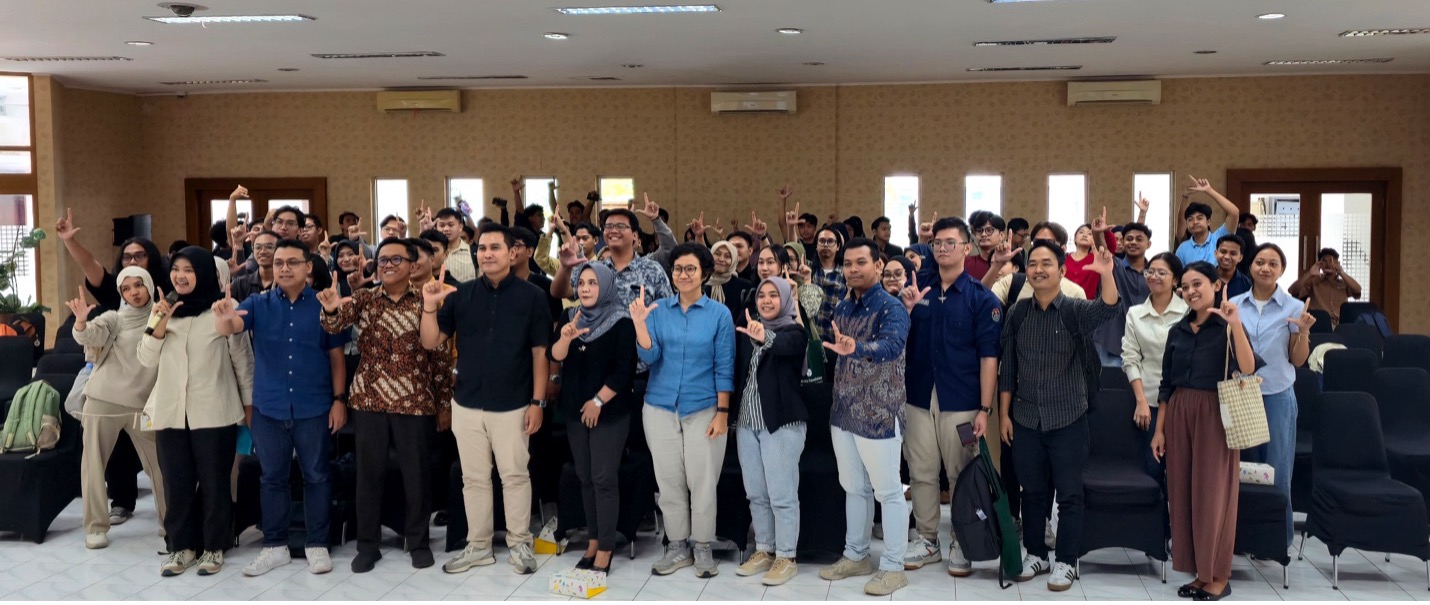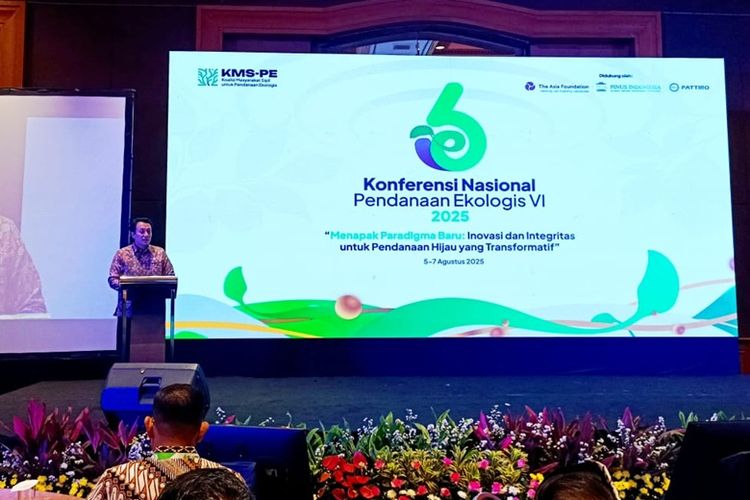
The number of poor people in Indonesia as of March 2022 reached more than 26 million people. This figure is equivalent to 9.54% of Indonesia’s population. The government is committed to implementing poverty alleviation programs by issuing Presidential Decree Number 96 of 2015 concerning the Acceleration of Poverty Alleviation. This commitment is strengthened by Presidential Decree No. 4 of 2022 concerning the Acceleration of the Elimination of Extreme Poverty.
Based on records from the Ministry of Home Affairs, extreme poverty cannot be resolved sectorally by each Regional Apparatus Organization (OPD). However, it must be resolved through multi-sectoral cooperation through the Coordinating Team for Poverty Alleviation (TKPK) in the regions. Therefore, the government’s efforts and commitment to alleviating poverty need to be supported through institutional strengthening and human resource capacity (HR) in the Regional Poverty Alleviation Coordination Team (TKPKD) as well as constructive collaboration with the community.
Maryati Abdullah, Program Officer of the Ford Foundation Indonesia, said there needs to be innovation in poverty alleviation that is adopted into policy. There needs to be joint innovation and collaboration in developing and implementing poverty alleviation program models. This statement was raised in her remarks at the Kickoff Meeting of the Poverty Alleviation Innovation Model Development Program through TKPKD Strengthening in Bojonegoro, West Sumbawa, Lebong, and West Aceh District which was supported by the Ford Foundation and the Ministry of Home Affairs. This activity was carried out in a hybrid manner on 23-25 February 2023.
Wahyu Suharto, Head of the Sub-Directorate for Social Culture at the Directorate General of Regional Development at the Ministry of Home Affairs (Kemendagri), said so far, the government has used four strategies to reduce poverty: reducing the expenditure of the poor; increase the ability and income of the poor; develop and guarantee the sustainability of MSMEs; and synergize poverty alleviation policies and programs. “Efforts to implement these four strategies require synchronization between ministries, district, city, and provincial governments as poverty is a phenomenon that is influenced by many sectors,” he said.
Synchronization efforts made by the government in tackling poverty in the regions by managing TKPK in districts/cities. TKPK management has a basis in the form of Ministry of Home Affairs Regulation (Permendagri Number 53 of 2020 concerning Work Procedures and Work Alignment and TKPK Institutional and HR Development in Provinces and Districts/Cities. The mandate for TKPK work in the regions lies with the deputy regent/deputy mayor.
The Poverty Reduction Innovation Program Model Development Program Through TKPKD Strengthening has a long-term goal of encouraging innovation programs that produce outputs in the form of implementing effective, innovative, and inclusive poverty reduction programs by District and Village Governments as well as strengthening TKPD institutions and human resources and building constructive collaborations with the community in the implementation of poverty alleviation programs.
This poverty alleviation model innovation is especially important for areas rich in natural resources (SDA) to optimize the use of profit-sharing funds. Later the utilization of this profit-sharing fund can be allocated to finance effective poverty alleviation.
Bejo Untung, Executive Director of PATTIRO explained that the outcome of this program is the form of an innovative poverty alleviation program. One of the prerequisites for this outcome is replication. However, before replicating the poverty alleviation program innovations, it is necessary to look at the effectiveness and inclusiveness of the program innovations. “It is important that we are able to explore perspectives related to the goals and outcomes planned in the program. So we can create models and innovations to eradicate poverty,” said Bejo.
This kick off meeting focuses on deepening and updating the situation regarding poverty alleviation in their respective regions. As a follow-up to working on this program, all network partners including PATTIRO have prepared a timeline that will be carried out over the next three months to oversee program implementation.





